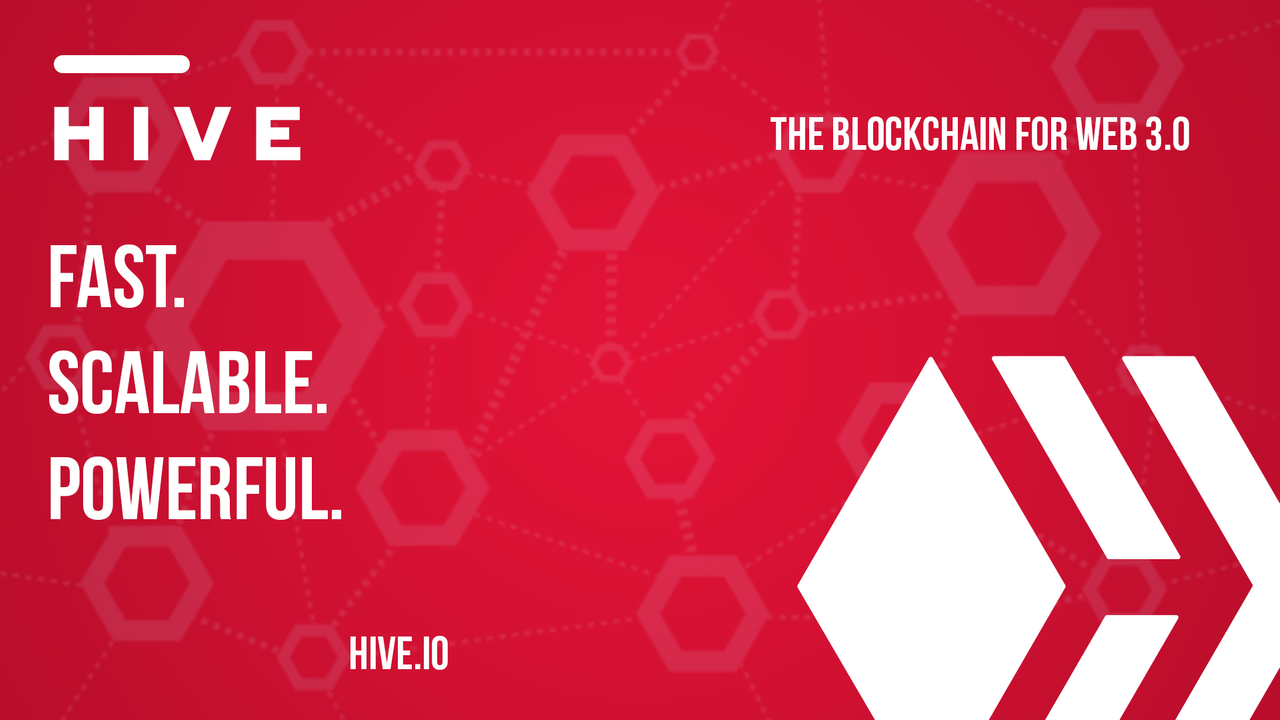Howdy, hivers!
With Web 3.0 being one of the latest phrase to sweep the technology and venture capital worlds, if you're perhaps new to Hive and wondering what web 3.0 means and probably want to grasp a better understanding of the concept, this post is for you.

Source
Web 3.0, is considered the third generation of the internet, as it is based on a decentralized online ecosystem powered by the blockchain. Does this sound familiar? It appears as though we're already talking HIVE!
Despite the billions of dollars invested in this concept, a number of technology professionals remain skeptical that web 3.0 technology can scale globally. Elon Musk, Tesla's CEO, is at the forefront, with his tweet referring to it as a "marketing buzzword." The majority of doubt stems from the fact that its earliest manifestations appear relatively basic.
As the debate over whether or not this next version of the web can ever become a reality continues to heat up, I'd like to explain a few of the basic ideas that underpin the Web 3.0 vision.

First website on Web 1.0
I'd have to take us back to the early days of the internet, dubbed Web 1.0, when the bulk of participants were consumers limited to browsing static web sites like the one above. There was a lot of raw HTML and extremely rudimentary web sites, but web 1.0 was not truly centralized, making it a more decentralized version of the web. You could build on it as long as you understood how to code. However, just a few individuals possessed the technological expertise necessary to develop and publish information.

Web 2.0 platforms; Source
Fast forward to Web 2.0, the current version of the internet that we all utilize. The availability of web technologies such as JavaScript and HTML5 has increased the interactive nature of the internet, enabling for the creation of remarkable initiatives such as Facebook, Google, and YouTube, among others. It enabled anyone to post anything online without the need for any coding experience. As a result, Web 2.0 is considered the modern, centralized version of the web. A sizable proportion of web users literally exchange content through only a few of these companies. The Hive is the ultimate platform for content sharing, and it does it in an incredible way.
The leading corporations that operate these Web 2.0 platforms really own and manage the user data acquired. They continue to track and save data, which they then use to create tailored advertising campaigns. Since I began my HIVE adventure, I've believed in web 3.0's ability to alter the internet. Numerous web 2.0 platforms are already abusing their data monopoly by compromising our individual privacy rights.
The phrase "web3" was invented by Gavin Wood, one of the Ethereum blockchain's architects, in a 2014 blog post in which he discussed how users would be able to exchange money and information on the web without the need for intermediaries such as banks or technology corporations.

Gavin Wood ; Source
Users are expected to have increased control over their data and the ability to sell it if they so want. Web3 will be built on a distributed ledger system similar to the HIVE blockchain. Platforms such as HIVE provide all users with increased transparency and autonomy. Through the usage of single personalized accounts on web3, users will be able to effortlessly transition from social media to email and even shopping, as each activity will be recorded on the blockchain.
This raises the critical question of how web 3.0 is anticipated to function without being owned or controlled by a single central body. To solve this, users will be rewarded with virtual tokens or cryptocurrencies in exchange for their participation in Web 3.0's operation. This introduces the concept of "DeFi," or "decentralized finance." In a world where everything may be rewarded, a huge ecosystem of cryptocurrencies can be traded and valued in relation to one another.
Regulating these decentralized tokens, as well as the likelihood of Web 3.0 operating on a far bigger scale, remain concerns. Web 3.0's impact on the distribution of internet control must also be considered. According to some analysts, Web 3.0 is a critical building component in the creation of the much-hyped Metaverse, in which individuals may communicate, shop, work, play, and even have dates and get married using avatars!
At the moment, Web 3.0 is gaining a rise in number of practical implementations. The theory that underpins it continues to attract billions of dollars in venture capital funding, allowing for the development of a massive ecosystem of decentralized internet services. With such large sums of money being invested in the creation of Web 3 startups like HIVE, it is clear that they are here to stay! I'm definitely going to continue preaching HIVE and the adoption of web 3.0 to everyone.
So what do you feel buddies, do you think Web 3.0 needs regulations? How can we use HIVE to propel the vision of Web 3.0 on a global scale? You can drop your comments.
Want more details?:
EVOLUTION OF THE WORLD WIDE WEB: FROM
WEB 1.0 TO 6.0
The Father of Web3 Wants You to Trust Less
Web 2.0
Why We Need Web 3.0

